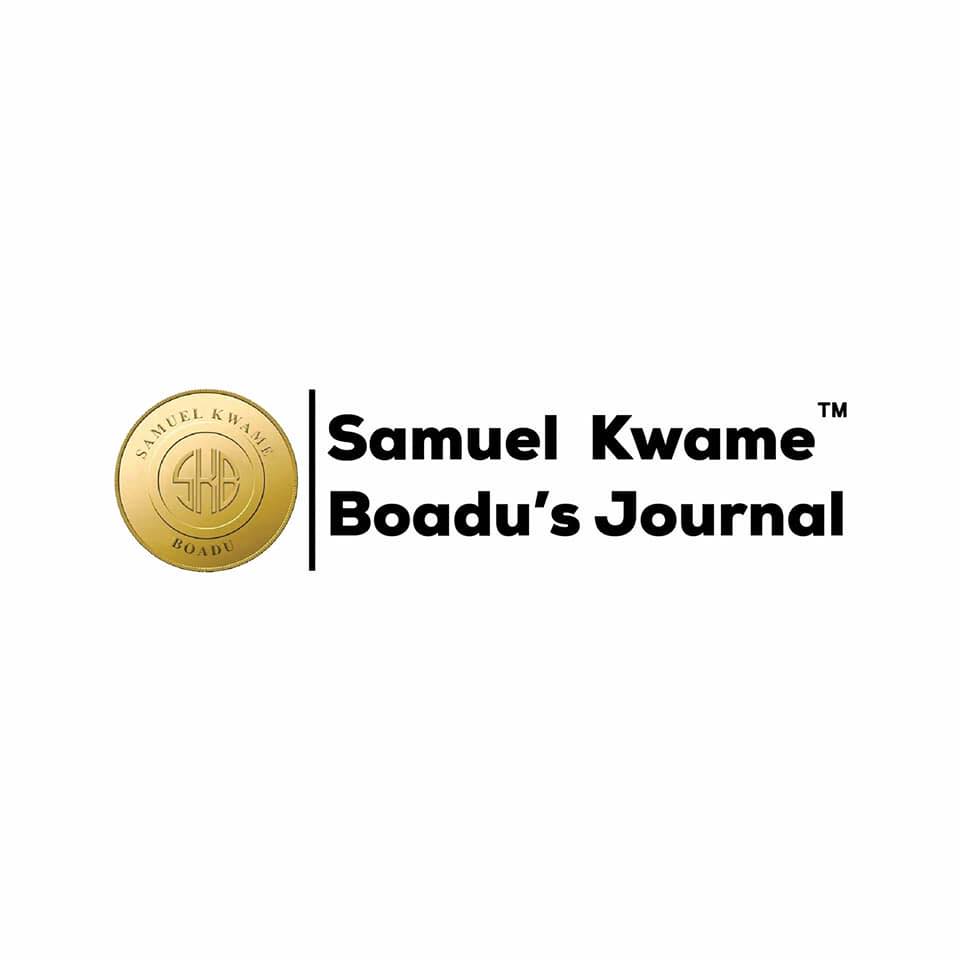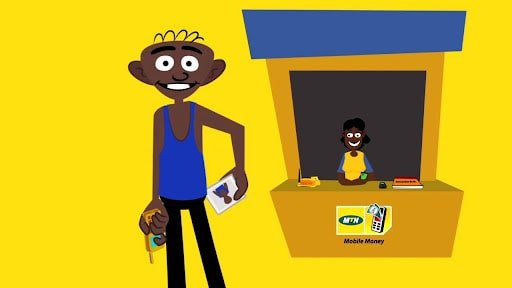Per the Banks, Special Deposit-taking Institutions and Payment Service Providers Fraud Report from the Bank of Ghana, most of the victims were the aged and uneducated users of mobile money services who are not very conversant with the application.
This is happening amidst widespread education by telcos and banks in particular, on ways to avoid the trappings of digital fraudsters. It also happening at the time when Ghana is embarking on SIM card registration, particularly to stem mobile money fraud and other forms of digital fraud.
According to the report, the total loss value of fraud reported by PSPs for 2022 amounted to GH¢27 million but the industry was able to recoup some of the money, leaving the actual value lost at GHS26 million.
PSP fraud refers to all mobile money related fraud reported by payment service providers, including the EMIs (electronic money issuers), otherwise known as mobile money operators.
Interestingly though the number of mobile money fraud cases declined marginally from 12,350 in 2021 to 12,166 in 2022, indicating that fraudsters succeeded in stealing bigger amounts from their victims in 2022.
Meanwhile, over the period, the total number of fraud incidents recorded was 15,164, of which 80% were mobile money related, with the banks and SDIs accounting for the remaining 2,998 cases, representing 20% of the total fraud count.
The two main types of mobile money fraud reported by PSPs were transfers made to the wrong person and cash reversals.
Wrong transfers
Wrong transfers refer to instances where a victim inadvertently transfers money meant for a particular recipient to a wrong mobile money wallet.
The recipient immediately cashes out the money before the transaction can be reversed by the PSP.
One of the reasons fraudsters succeed in getting away with this kind of fraud is because the biggest mobile money operator, MTN MobileMoney Limited, has not enable self reversal, so customers would always have to go through a time-consuming cumbersome process to get their money reverse, giving fraudsters ample time to cash out the money.
Vodafone and AirtelTigo have allowed self-reversal, and MTN has told Techfocus24 they are working on allowing it soon as part of their vision to empower customers to do more.
“MobileMoney Limited is working on implementing a self-service option for customer wrong transfer reversals. A lot of care must be taken considering the quantum of transactions on our platform and other associated risks. Further developments are expected, and updates will be given at the right time,” it said.
Cash reversal
Cash reversal occurs when a fraudster calls to demand reversal of a transaction from a victim after sending a fictitious mobile money credit notification to the victim’s phone.
The fraudsters then convince the victims that they have mistakenly been credited money to their account and appeal to be refunded.
Some victims, upon seeing the message and without checking the balances in their mobile money wallets, send the amount as indicated in the fake credit messages, only to realize later that no money was actually credited to them in the first place.
SIM Registration
All these fraudulent acts were executed via the use of mobile numbers either not fully registered or fraudulently linked to the Ghana Cards of innocent persons without their consent.
On June 1, 2023, however, the National Communications Authority (NCA) has disconnected some 9 million bad SIM cards after disconnecting some 6.1 million a month ago. These include some 280,000 mobile money merchant SIM cards. Indeed, mobile money merchant have themselves been involved in mobile money fraud.
Since the disconnection of 9 million bad SIMs, however, there have been some considerable reduction in the activity of mobile money fraudster in terms of the frequency with which the make moves on potential victims. It is expected that NCA, telcos and security services will do a mop up to ensure that the system is rid of all bad SIMs to ensure that the 2023 fraud report reflects a significant reduction in mobile money fraud.
The BoG report said e-money transactions in 2022 reached 5 billion in volumes, accounting for some GHS1 trillion in value. This representing a marginal increase on the GH¢978.32 billion value and 4.25 billion volumes in 2021.
It noted that there is a growing usage of e-money among Ghanaians and therefore the need for stakeholders to develop adequate fraud mitigation tools to help curb fraud, particularly public education and the use of strategies that can make the most vulnerable get the message.
BoG also pointed to a lack of attention to security by most people in using the mobile money application, saying that the general lack of security awareness has largely contributed to victims easily falling prey to fraudsters.
The Central Bank said it has therefore engaged the financial entities to put in stringent measures to mitigate the impact of this fraudulent activity.
.
READ ALSO:
MTN to Make Possible Self Reversal of Wrong MoMo Transactions
.
SKB Journal appreciate you a lot for reading! If you enjoyed this piece by Samuel Kwame Boadu, kindly hit the share button and help others to also see it. You can also like our Facebook page, so you know when we make new posts or Click to JOIN our Telegram Channel where we post JOBS + TIPS




